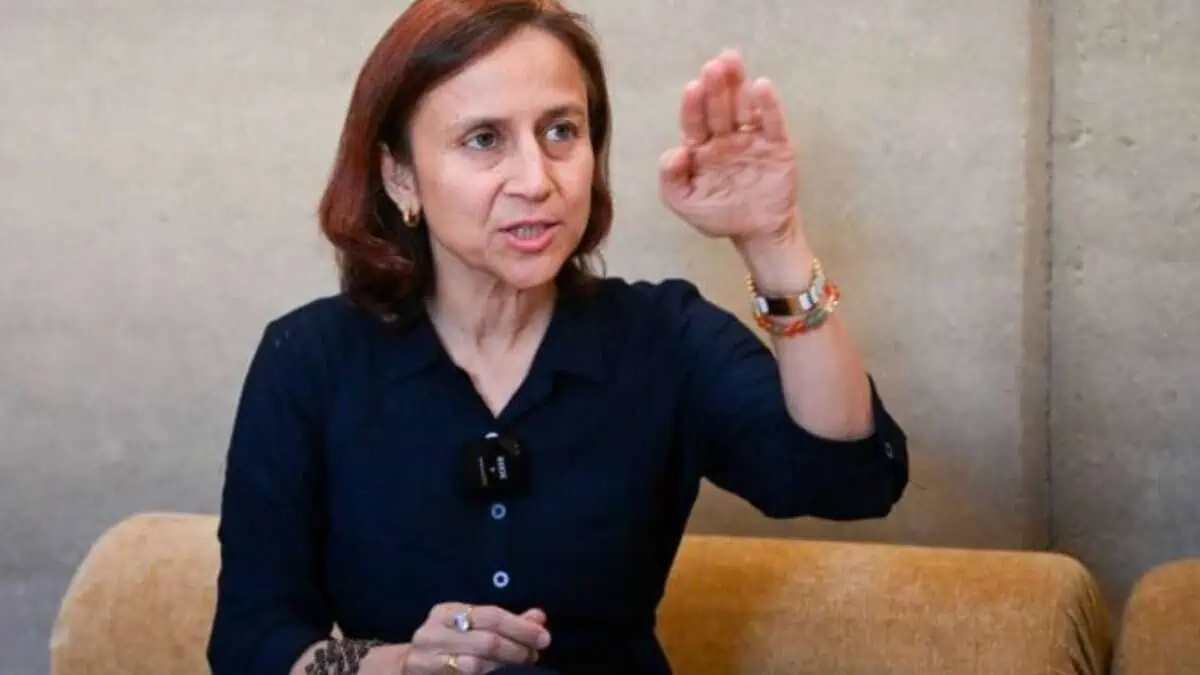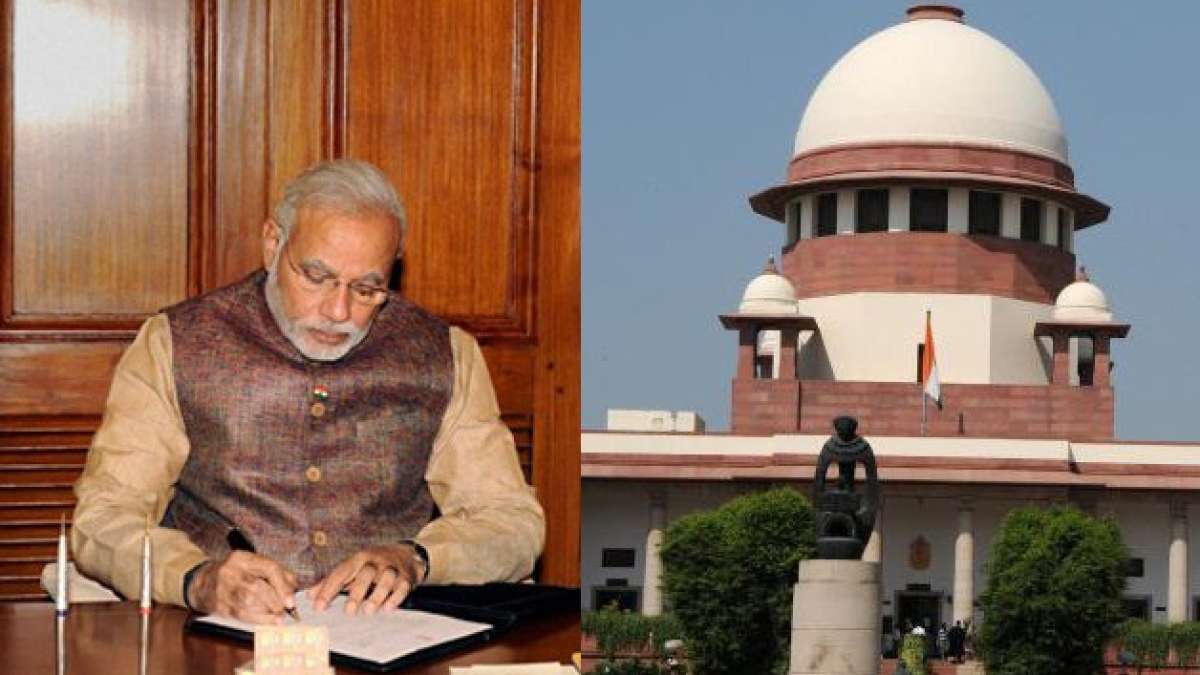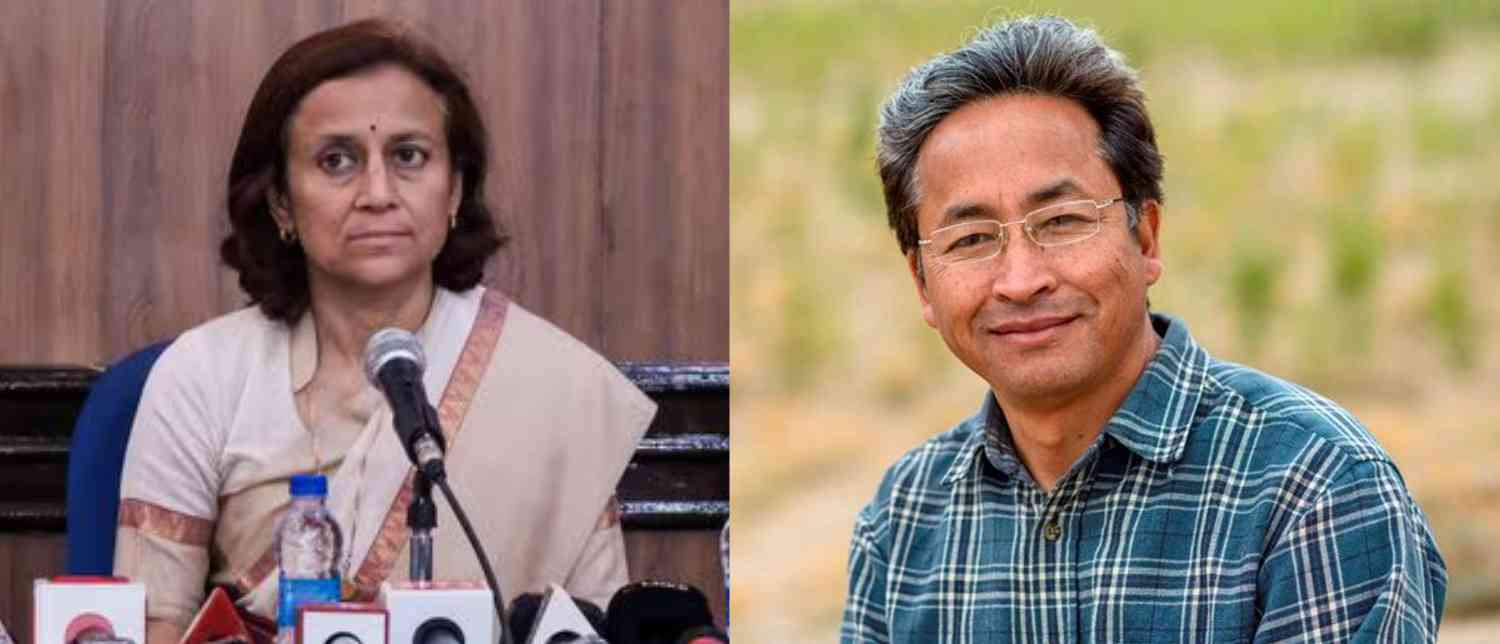Sonam Wangchuk’s wife, Gitanjali Angmo, has made a heartfelt appeal to President Droupadi Murmu, highlighting her husband's arrest under the National Security Act (NSA) and requesting his immediate release. In a letter also addressed to Prime Minister Narendra Modi and Home Minister Amit Shah, Gitanjali appeals to the President's tribal background to understand the profound feelings of the people of Ladakh amidst the ongoing protests and her husband's detention. Sonam Wangchuk, a respected climate activist known for his peaceful and Gandhian approach, was arrested following violent protests in Leh demanding the extension of protections under the Sixth Schedule and statehood for Ladakh. The arrest and detention in Jodhpur Central Jail have stirred significant attention and debate.

Gitanjali Angmo expressed her anguish over being denied contact with Sonam Wangchuk since his arrest. She mentioned receiving a communication from the police only about his detention and transfer but no further access or information about his wellbeing. She questioned whether it is a crime to support the cause of the people of Ladakh and to oppose unchecked development in the ecologically fragile region. Gitanjali described the arrest as part of a “witch hunt” aimed at silencing her husband's activism, which focuses on climate change and the welfare of backward tribal areas. She urged the President and other leaders to intervene and grant her husband an unconditional release.
The context of Sonam Wangchuk’s arrest ties to the recent unrest in Leh where protests demanding statehood and Sixth Schedule protections turned violent, resulting in casualties and injuries. Authorities have accused Wangchuk of inciting violence and alleged links with foreign agents, charges that have been hotly contested by his supporters and family. Gitanjali strongly denied these accusations, underscoring Sonam Wangchuk’s lifelong dedication to peaceful activism for Ladakh’s development and border security. She warned that such harsh treatment of a local activist risks undermining solidarity and peaceful coexistence in a sensitive border region.

Gitanjali’s letter poses important questions to the President regarding her rights as a wife to meet her husband, receive information about his condition, and seek justice through legal channels. She appeals for recognition of the peaceful freedom of expression and movement, rights she argues should be enshrined for all responsible citizens. By invoking the President's own tribal roots, Gitanjali seeks empathy and understanding for the unique cultural and political concerns of Ladakh’s people.
This situation highlights the complex balance between national security concerns and civil liberties in regions with sensitive ecological and political dynamics. Ladakh’s demand for greater autonomy and protection has repeatedly brought attention to issues of identity, development, and governance. The use of stringent laws like the NSA raises questions about proportionality and the safeguards necessary to avoid alienating local populations.

While the government asserts maintaining law and order amid the unrest, civil society voices call for dialogue and peaceful resolution to address the underlying causes of unrest such as environmental concerns and demands for political recognition. Sonam Wangchuk’s case serves as a focal point in this debate, symbolising broader tensions and aspirations within Ladakh.
In conclusion, Gitanjali Angmo’s letter to President Murmu and other leaders is a plea for justice, transparency, and humane treatment of her husband. It underscores the need to balance security imperatives with empathy, cultural understanding, and respect for the rights of minority communities. How this situation unfolds will have implications not just for one individual but for the trust and stability within Ladakh, reflecting the challenges faced by democracies in managing diverse and often conflicting interests peacefully.
With inputs from agencies
Image Source: Multiple agencies
© Copyright 2025. All Rights Reserved. Powered by Vygr Media.























